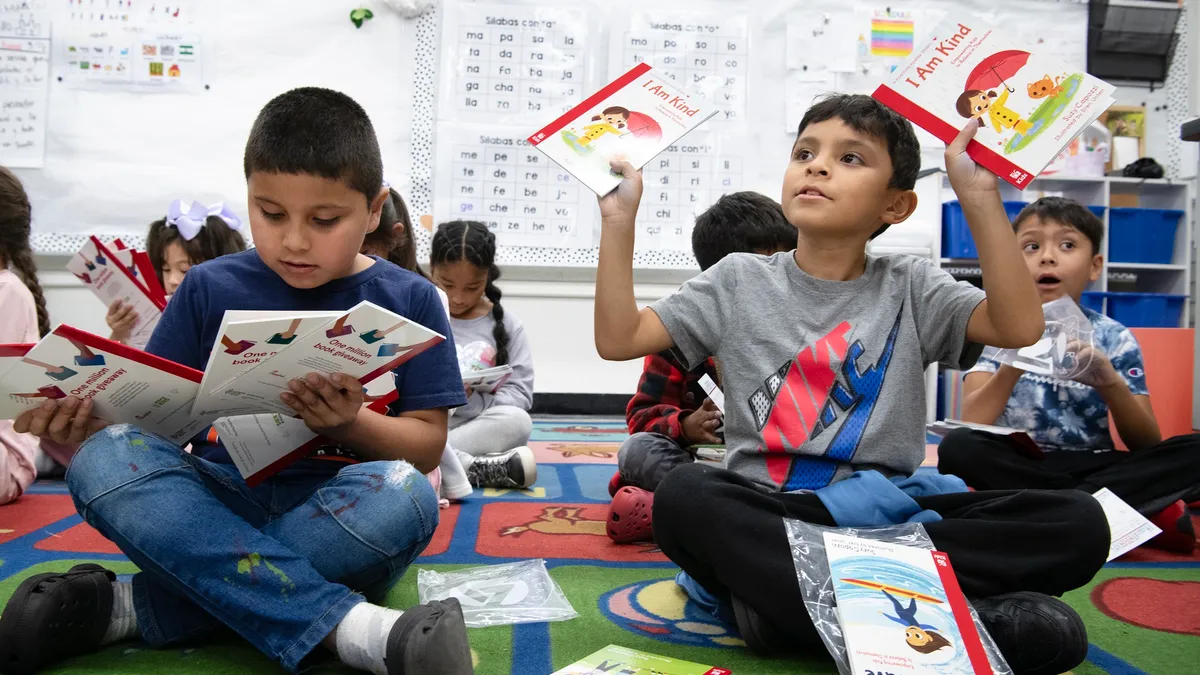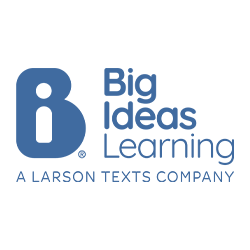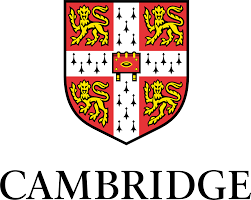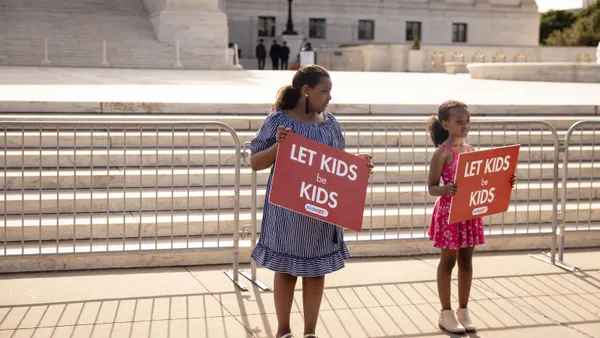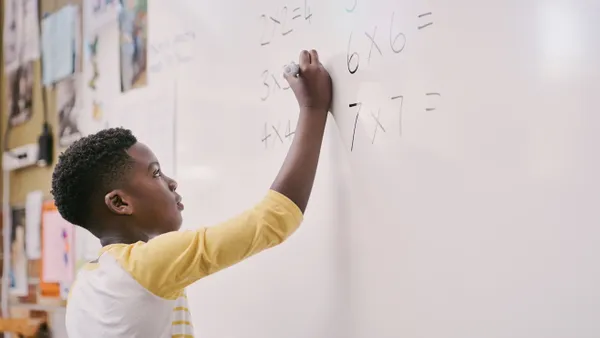Dive Brief:
- Montgomery County Public Schools received curriculum opt-out requests from just 43 families this year as of Sept. 18, representing less than 1% of the almost 160,000 students attending Maryland's largest school district, according to documents provided to K-12 Dive.
- The opt-out requests were mostly for elementary school students, whose guardians asked that their children be excused on religious grounds from materials related to LGBTQ+, culture/diversity, and inclusion issues.
- At the middle school level, opt-outs were related to LGBTQ+ issues as well as social justice. And at the high school level, two opt-out requests were received for the book “All American Boys,” which explores themes of police brutality and racism through the stories of two boys — one White and one Black.
Dive Insight:
Earlier this year, MCPS was required by the U.S. Supreme Court to provide its parents the opportunity to opt their children out from LGBTQ+ curriculum.
"For many people of faith, there are few religious acts more important than the religious education of their children,” wrote Justice Samuel Alito in the majority opinion issued as part of the 6-3 decision in the landmark Mahmoud v. Taylor. “And the practice of educating one’s children in one’s religious beliefs, like all religious acts and practices, receives a generous measure of constitutional protection.”
Following the decision, MCPS issued a "refrigerator curriculum" — or a one-page overview routinely distributed by the district that detailed what students would be learning in the upcoming grading period. The overviews are grade-specific. The district also issues a separate list of supplemental materials that teachers may use and parents may opt out of.
"Designed for the fridge at home, these guides help families stay informed about key themes and texts while highlighting MCPS’ commitment to partnering with families, celebrating our community’s diversity, and respecting individual beliefs," MCPS said on its website. "With this resource, parents and guardians can quickly see what’s ahead in the classroom, stay engaged in their child’s education, and, if needed, request alternative assignments when a text conflicts with sincerely held religious views."
The parental opt-out form requires parents to sign that they are requesting to opt their children out of certain curriculum because it "substantially interferes with [their] sincerely held religious beliefs." The district then provides alternative instructional materials for students whose parents opted them out.
According to an August 2025 analysis from University of Southern California researchers writing for the nonprofit Brookings Institution, surveys have consistently shown that most Americans support parental opt-outs.
Last spring, weeks before the Supreme Court ruled in Mahmoud v. Taylor, a research group at Florida State University found that 61% of Americans support opting out of lessons that conflict with families' religious beliefs.
However, the USC researchers found that Americans' support of opt-outs decreased when they saw downsides to the practice — which suggests Americans "are open to counterarguments."
Parents whose support for opt-outs dwindled had read a passage about how a "teacher believes that all students should participate" because learning from curriculum "they might not otherwise hear or learn about helps them," and opting out can make it "hard for a teacher to accommodate every parent’s wishes for every lesson for every child,” according to the USC research.
"School districts could share this sort of language — or language more tailored to local context and issues — with families as a way to ensure they are considering the issue from multiple angles," wrote Dan Silver, Morgan Polikoff, and Anna Saavedra in the analysis. "In fact, we imagine a carefully crafted message coming from a trusted local educator might have an even larger effect on opt-out support than the message in our survey experiment."


